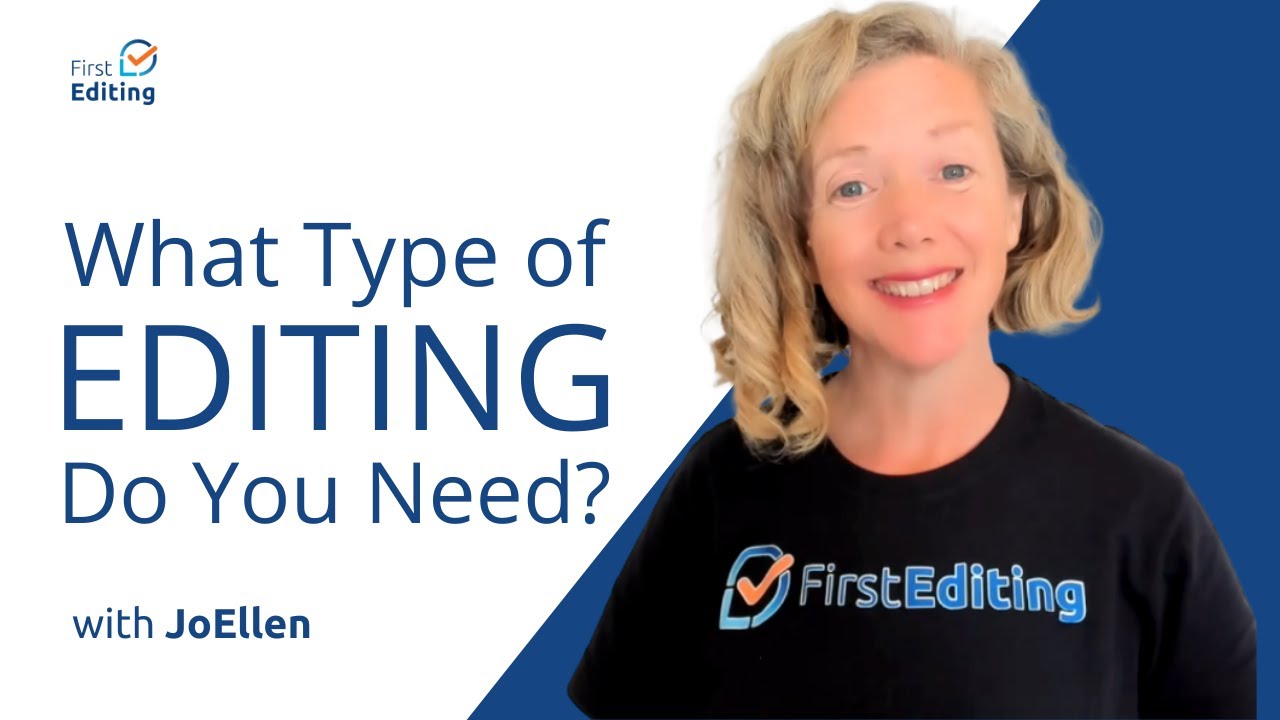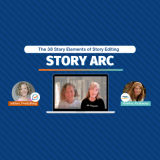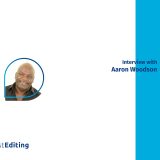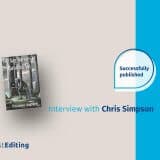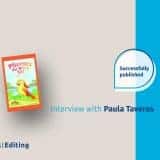
As a university student, you need to master academic English to write your papers. It is different from everyday spoken English and has many strict rules, some simple and some incredibly tricky. Part of the secret of successful academic writing is to edit your essay.
You can learn to write your English essay using the basics described in this article. You can always hire a professional paper editor for your final review.
Edit My English: University Requirements
Before you even start writing your academic paper in English, find help on your university’s website. Most schools and universities provide their students with tips, guidelines, and requirements for paper writing. Sometimes those instructions are relatively long, but the good news is, they rarely change much. Become familiar with those rules once, and you are ready for your entire academic experience!
Edit My English: Editing Basics
Professional paper editors look for these problem areas in academic writing, besides the obvious grammar and spelling: punctuation, sentence structure, tense verb agreement, commonly confused words and phrases, and the use of transitional phrases.
Dangling modifiers and misplaced clauses represent another particularly challenging area of English for many university students. An example of a dangling modifier would be: “Thick and funny; Oscar Wilde enjoyed the book thoroughly.” This sentence may have meant that the book had many pages and was entertaining. But what it suggests is that “thick and funny” refers to Oscar Wilde! Now, your teacher may agree that Wilde could be “funny,” but calling the famous author “thick” wouldn’t earn you a good grade.
Help with editing
Edit My English: Click for Help
Your computer’s spell-check is a good starting point to spot the problem areas described above. Depending on the settings you choose, this program would highlight spelling, grammar, and punctuation, as well as potential word choice errors in your academic paper. Many writers and editors now use Grammarly as well.
However, we should always remember that spell-check is not a substitute for editing. Sometimes, instead of helping, this program makes matters worse by confusing the writer. Just this morning, my spell-check recommended using “bear” instead of “bare” in a sentence about a celebrity’s “bare arms”!
Academic English writing is famous (or infamous) for insisting on the use of various style manuals for formatting and citations. You can find help with those by referring to a wealth of online resources. Again, your university may be useful. Websites of style manual publishers, such as Chicago (www.chicagomanualofstyle.org/) and APA (www.apastyle.org/), also have applicable sections and Q&A pages that could address many of your questions.
Finally, you can always hire a professional paper editor to review and polish your work. Editing is the easiest and most reliable way to ensure that your academic paper written in English is outstanding.
Edit Your Essay – Step by Step
Even people whose first language is English can attest that essay writing is a challenging task. After all, academic essay writing is not only about your language skills. Essays also have several content and formatting conventions that need to be followed.
How can I make sure my paper uses correct English and follows the necessary rules of academic essay writing? The safest way is to have it edited by a professional editor. Here are useful tips on how to self-edit your academic essay first.
(1) Use spell-check
Good knowledge of English is paramount when you prepare to submit your English academic essay to your professor for grading.
Most students rely on a spell-check program in their word processor to catch any grammatical errors or typos they didn’t notice when writing their paper. However, it would be dangerous to just click “Check Spelling and Grammar” in your document, accept all changes the program suggests, attach the file, and click “Send.”
The main problem with this is, spell-check programs are often inaccurate. They frequently miss typos, especially if those create legitimate but out-of-context words. An example of this is when you accidentally type “three” instead of “there.” As a result, your sentence becomes misleading or meaningless, but the spell-check may not even notice the difference! Thus, it is important to be able to check your essay in addition to running a spell-check program.
Online Editing
(2) Use online resources and tips on how to edit your writing
In addition to the clear and appropriate use of English, your essay needs to follow a particular structure.
Academic essay writing always has formal rules. You need to know them, and ensure that your paper complies with them.
Most of these rules deal with two areas: (a) citing the research you used to support your ideas, and (b) formatting your essay so it is consistent and easy to navigate.
Academic English papers may be required to follow one of the following style guides: MLA (for manuscripts in literature), APA (for essays in social sciences), Chicago (generally for longer and more complicated pieces). Each of these style guides has a website that can help you ensure your paper is consistent with all the requirements.
Another excellent free resource is our blog at FirstEditing.com, where we frequently describe various rules of English grammar and discuss tips on how to edit your work.
Professional Editor
(3) Have your essay edited by a professional editor
The ways described above, while helpful, can be stressful and time-consuming. You may be unaware of some grammar rules and thus unable to verify the corrections suggested by your spell-check program. Style requirements can quickly become cumbersome. You may also have limited experience with academic essay writing. As a result, you may not know what areas of your paper need the most improvement.
If you want your writing polished and error-free, the safest bet is to hire a professional editor. Our editors at FirstEditing.com have experience with all kinds of academic essays and will help you beyond addressing basic grammar and usage questions. They will also provide valuable feedback about your manuscript’s structure and flow, and about your writing in general.
If you are planning to write a lot in the future, especially professionally, consider investing in good editing services. Accurate feedback from a seasoned editor can help you become a better writer.
Edit your essay with advice from a professional editor
Academic writing is difficult. Though you start an academic paper or book with an idea, by its very nature, academic writing insists that you have research to back up your point. Finishing a research paper, dissertation, or even an academic/non-fiction book can be an ordeal. Synthesizing research into salient points and making sure that your structure and composition are crystal clear is hard. Academic writing is not for the slacker. Below are some tips to help you edit your academic book/paper to ensure that your message comes across to your reader.
The most important tip that this professional editor can give you is to use the spell-check and grammar check software available to you through your word processing program, as well as Grammarly.com. It sounds so simple, but many people assume it is unnecessary.
Please, even the smartest and most talented writers of academic books and papers make mistakes! Use the software to find any egregious spelling/grammar errors. Keep in mind that the software is fallible, but it is a good place to begin to check your work.
The second tip that this professional editor wants you to have for editing your work is to cite, cite, cite. ANY IDEA PUT FORTH IN YOUR ACADEMIC PAPER OR ACADEMIC BOOK THAT IS NOT YOUR ORIGINAL IDEA MUST BE CITED. After all, if someone were to read your article and get a sense for theirs, wouldn’t you want to be mentioned? It is always important to give credit where credit is due. A typical in-text citation looks like this:
This fabulous line of text is written because of an idea I got from someone else’s work. So I will name the author before this sentence concludes (author, year).
More About Quoting
When using a direct quote, typically it looks like this:
“This is a direct quote from an author. It is not my original idea, and I copied it word-for-word” (Author, Year, p. X). In this case, “X” is the page number from which you pulled the quote.
Now, those are simply two generic examples of how not to plagiarize unintentionally. Style guides offer specific, detailed instructions as to how to write in-text citations, and then how to list those sources in the bibliography. Everything down to the placement of commas and periods in citations needs editing. It is vital to academic work.
Finally, this professional editor has a suggestion to ensure that your article is of the highest quality before it is submitted and published: Hire an academic editor! A professional editor will not only assist with the formatting of your document in compliance with the style guide, but will also check punctuation, spelling, usage, mechanics, structure, and clarity. Hence, you must tell your editor what guide governs your paper. A professional academic editor can edit your writing with a trained eye. It is always ok to ask for help. The professional academic editors at FirstEditing are standing by to assist you!
Originally posted 1/11/2011 and happily updated 11/16/2017. Thanks for reading!




